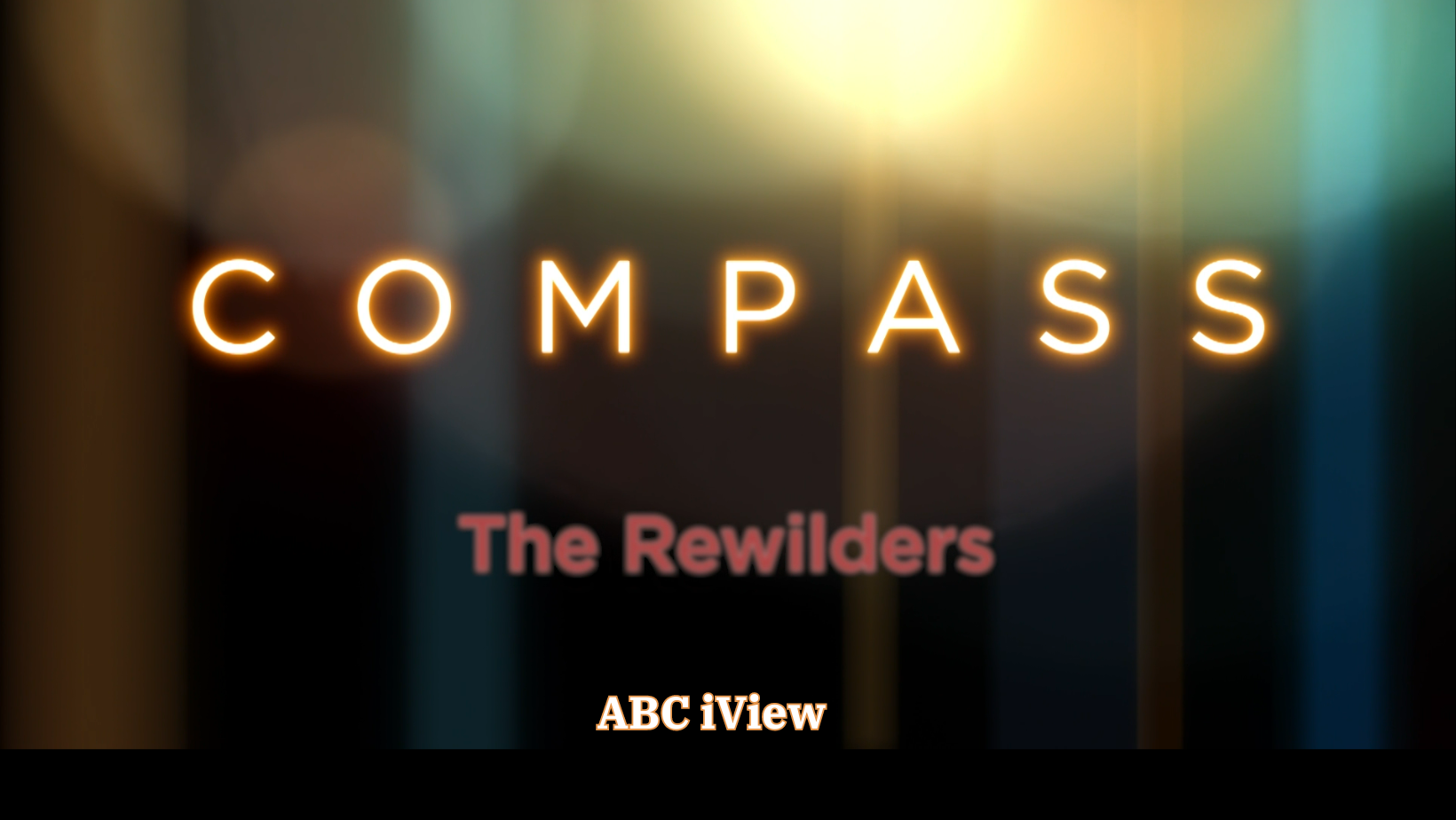Sounds
/9th March
It took nine creek crossings in a borrowed car to arrive at the wedding destination last weekend, deep inside one of the rainforest valleys outside Byron Bay. Hidden behind a high brush fence was a private home of uber eco-luxury, nestled on the bend of a fast flowing creek that glistened with turquoise luminosity, springs bursting forth from the dense foliage on the opposite side to join it. After an eyefulof the paradise aesthetic, awareness of sound came next; a rushing of water onto rock from a small waterfall metres upstream. Imagine living here! I thought.
After the ceremony I fell into a hammock strung between two water gums over the creek, quickly falling also into a bubble created by the river’s sound, the wedding’s hum completely drowned. Suddenly it became almost too much, as if I were drowning too. What would it really be like to live here with this unrelenting sound? Would I crave silence? Or would the water flow fade into the background and become part of it?
It was quite a different sound to that of another rainforest creek I camped by recently. Less of a torrent and more of a talking burble, I slept deeper than I had in months, floating on the sound like a leaf dropped into its eddy. I woke feeling the blood running through my veins like small tributaries.
The sound of ocean is another experience altogether. Living a few blocks from Merewether beach, once the roads clear at night the distant crash of waves on sand is like holding up a shell to my ear; quiet but full.
It got me thinking about how we are drawn to living near bodies of water, clinging as close as we can to the prime real estate along rivers, oceans and lakes. Garden water features are the common replacement, artificially recreating the experience of a trickling creek or dripping green grotto, a tendency reflected in the design of gardens, temples and cities throughout human history.
Scientists have pointed out the evolutionary link that draws humans to water. It was Professor Sir Alister Hardy whofirst suggested that the big step in human evolution was not necessarily when hominids moved to the savannah, but when they got to the coast and were able to access sea food rich in omega 3 fatty acids, saying “there is something deeply profound about water and humans, and it may reflect evolutionary history."
The sound of falling or moving water has been shown to stimulate our parasympathetic nervous system, or the relaxation response. Research coming out of the UK has found that 'blue space,' including seas, rivers, lakes and even urban water features can have a positive impact on wellbeing.It seems we are hardwired to feel safer, more at ease and creative around water - a process coined ‘Blue Mind’ (although from personal experience I think this may exclude the response to the drip of a leaking tap).
You don’t have to live on millionaire parade to cultivate Blue Mind. Dig a hole in the backyard, line it with plastic, add some pots of reeds and waterlilies and you have your own watery oases to retreat to, hopefully with the added croak of some appreciative frogs.



